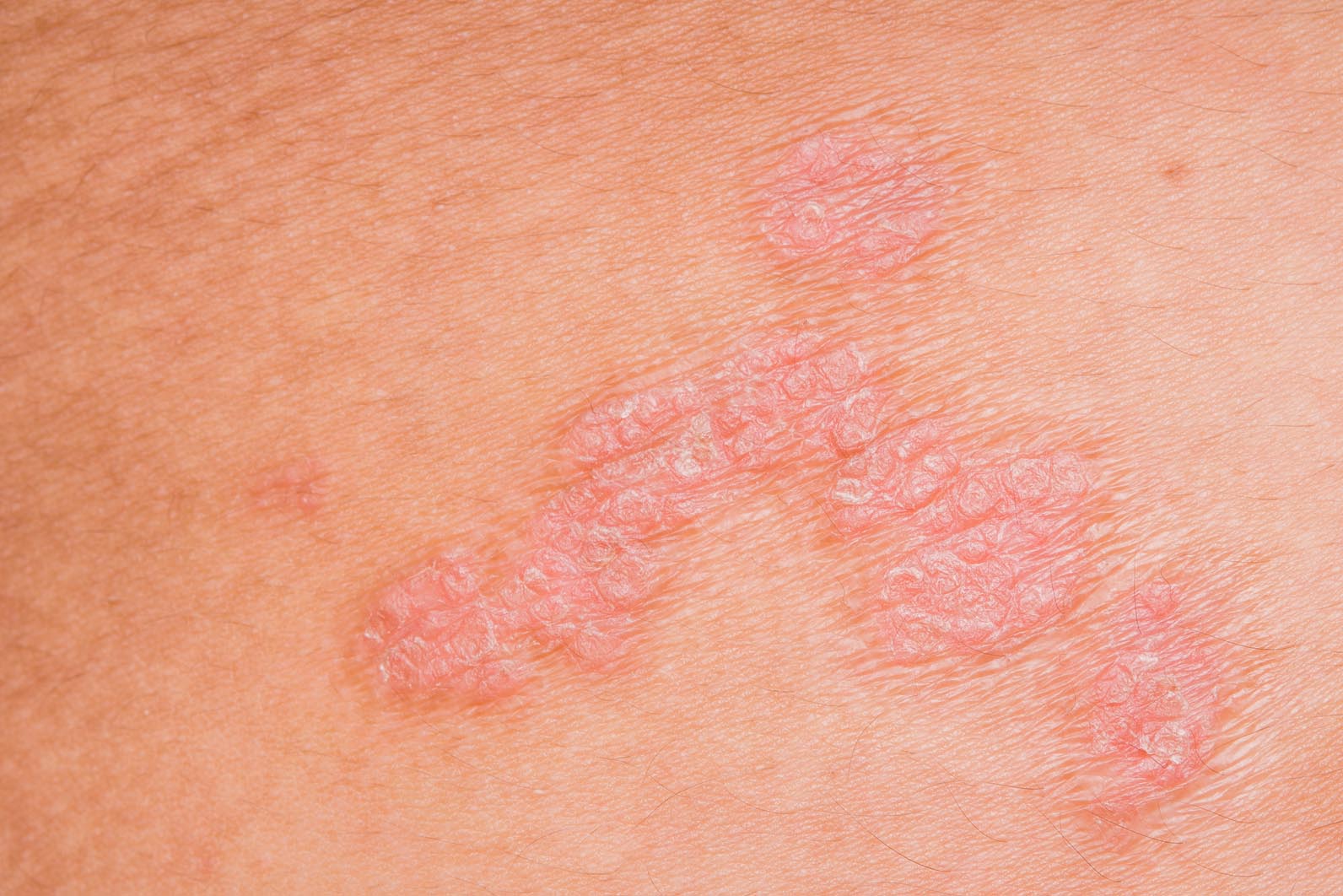Intestinal and cutaneous dysbiosis, along with other known physiopathological factors, can possibly cause acne, atopic dermatitis, psoriasis and rosacea.
This is a very important revolution within the dermatological landscape and is also a theme of the 24thCongress of Dermatology being held in Milan until Saturday 15 June.
Dermatologist Marco Pignatti from the University Clinic of Modena and Reggio Emilia, said: «We have a new perspective as we realise that diseases being always treated with antibiotics, insecticides or antifungals such as acne, atopic dermatitis and rosacea, can be possibly caused by cutaneous dysbiosis».
Over the last years microbiome has considerably changed the medicine and hence Dermatology has also changed.
This knowledge was unavailable until 10 or 15 years ago. It involves all metabolisms as well as all systems -from the endocrine until the immune one- including the gut-brain connection.
Cutaneous and intestinal microbiomes work with other skin functions and they are formed by microorganisms whose imbalance can cause some important dermatological pathologies.
Doctor Pignatti added: «During my speech I have explained how the connection between food and skin cannot only be related to intolerances and allergies. There is a set of mechanisms linking all we introduce as food, which influences skin pathologies through the intestinal transformations made by microbiota.»
Regarding psoriasis and other autoimmune pathologies there are alterations of the microbiota. These are the same as other intestinal inflammatory diseases. Many skin diseases can be caused by such intestinal imbalances.
«In order to resolve these pathologies, we are aware that we must treat these intestine-related causes by reducing inflammation, restoring the barrier function and rebalancing the bacterial flora», Dr. Pignatti said.









